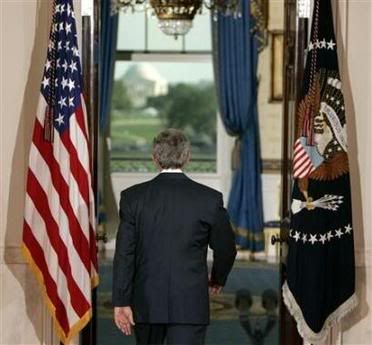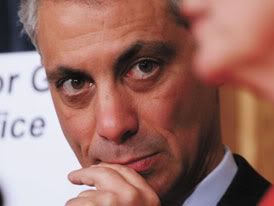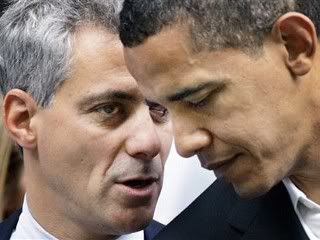Yesterday in Obama’s Foreign Policy Challenge Paul Jay spoke with journalist and author Eric Margolis, who talked about his belief that one of Obama’s biggest foreign policy challenges will not be in confronting non-state actors like Al Qaeda, but rather in deescalating the heightening tension with Russia which the Bush Administration has created, and that US power is projected to a greater extent through its dollar than through its military, and the US will have to acclimatize itself to a reduced level of influence in the world if the economy does not recover.
 Today Margolis talks with Jay as an expert of military affairs, a former instructor in strategy and tactics in the US Army, and a member of the International Institute of Strategic Studies in Islamabad, Pakistan, about his thoughts on other major foreign policy challenges: how to deal with the Taliban in the Afghan bordering tribal areas of Pakistan, on ending the war in Afghanistan, and on developing good relations with Pakistan.
Today Margolis talks with Jay as an expert of military affairs, a former instructor in strategy and tactics in the US Army, and a member of the International Institute of Strategic Studies in Islamabad, Pakistan, about his thoughts on other major foreign policy challenges: how to deal with the Taliban in the Afghan bordering tribal areas of Pakistan, on ending the war in Afghanistan, and on developing good relations with Pakistan.
Barack Obama was elected as the next president of the United States with a foreign policy platform based on the refocusing of US military might from Iraq to Afghanistan.
In the second part of our interview with Eric Margolis, Eric tells the new president-elect that he needs to abandon his support for a strategy of military intervention in Afghanistan, make a deal with the Taliban and move his attention to areas of greater significance to US interests.
The war, says Margolis, is now with the Pashtun people of Afghanistan, who make up half of the country’s population, not a small group of largely disbanded terrorists known as Al Qaeda. Margolis ends by pointing out the potential for the conflict to destabilize Pakistan and potentially even draw India into a larger regional conflict.
November 12, 2008 – 12 min 28 sec
The war without an objective
Eric Margolis: Obama’s only option is to make an agreement with Taliban and withdraw from Afghanistan

 Eight years of George Bush has virtually destroyed America’s clout as a diplomatic broker on the world stage, stretched the countries military might almost to the breaking point, thrown away her reputation as an honest member of the international community, and broken the back of the U.S. and the global economy, leaving the mess for a new president to clean up.
Eight years of George Bush has virtually destroyed America’s clout as a diplomatic broker on the world stage, stretched the countries military might almost to the breaking point, thrown away her reputation as an honest member of the international community, and broken the back of the U.S. and the global economy, leaving the mess for a new president to clean up.  Rahm Emanual has accepted Barack Obama’s invitation to join his administration as White House Chief of Staff, a position that has been described in the past by many as “The Second-Most Powerful Man in Washington”, or
Rahm Emanual has accepted Barack Obama’s invitation to join his administration as White House Chief of Staff, a position that has been described in the past by many as “The Second-Most Powerful Man in Washington”, or  In his essay Friday
In his essay Friday